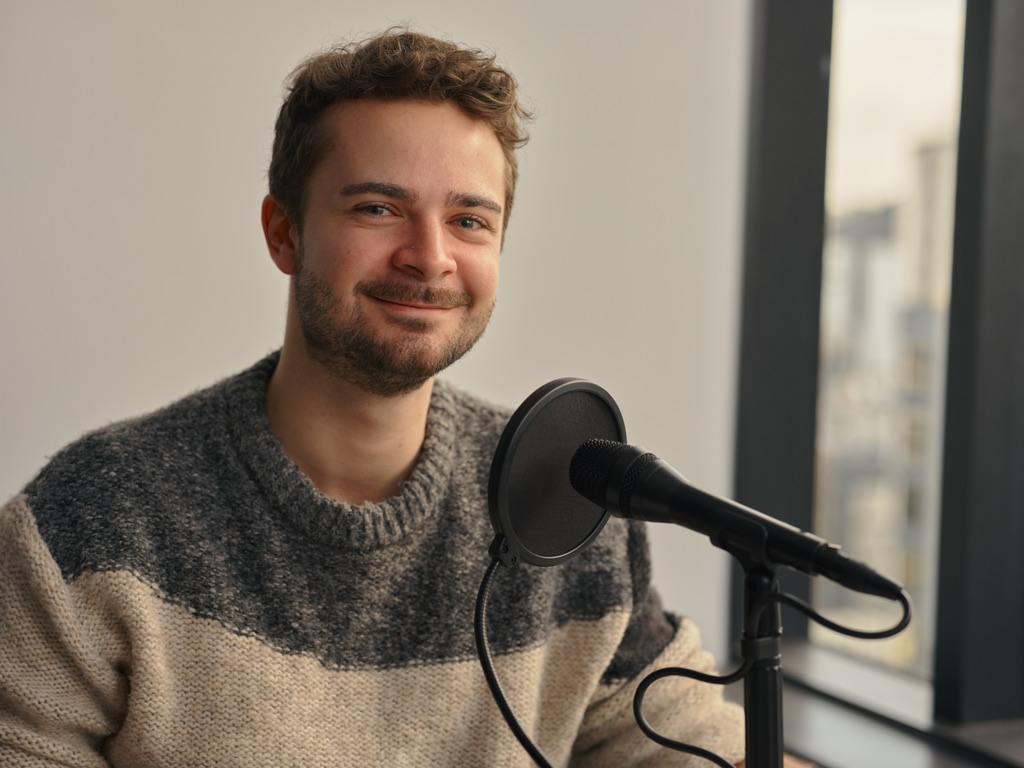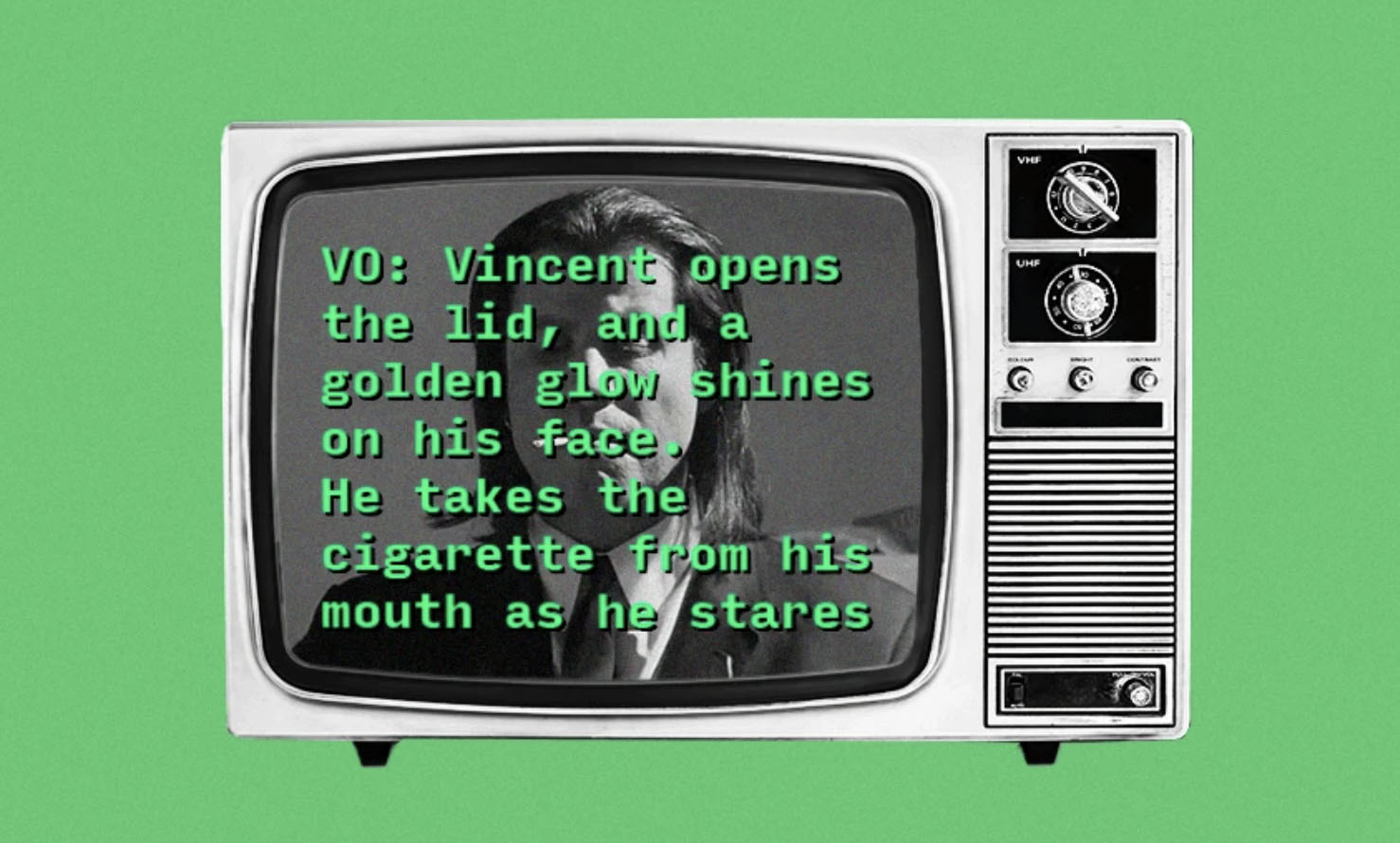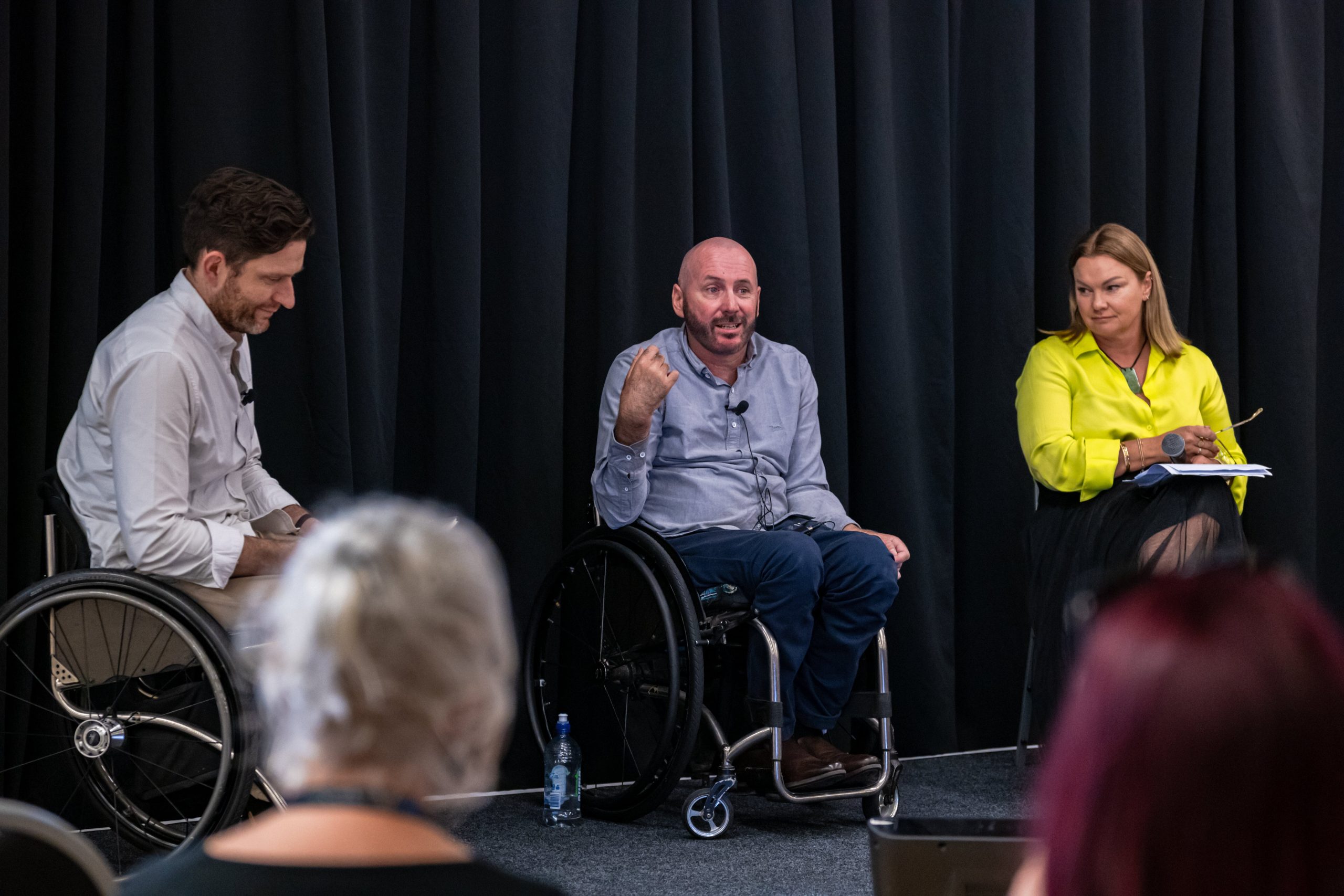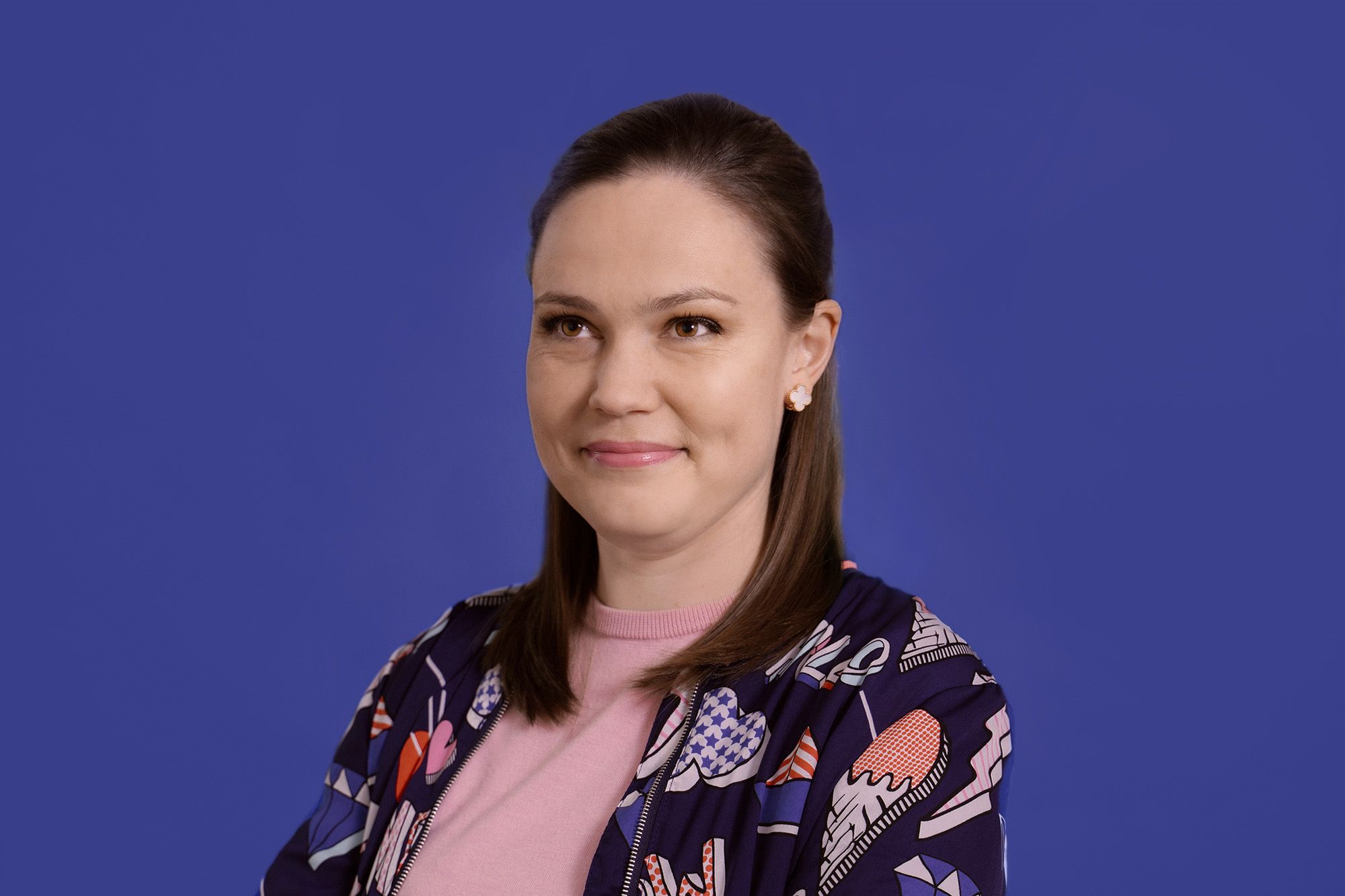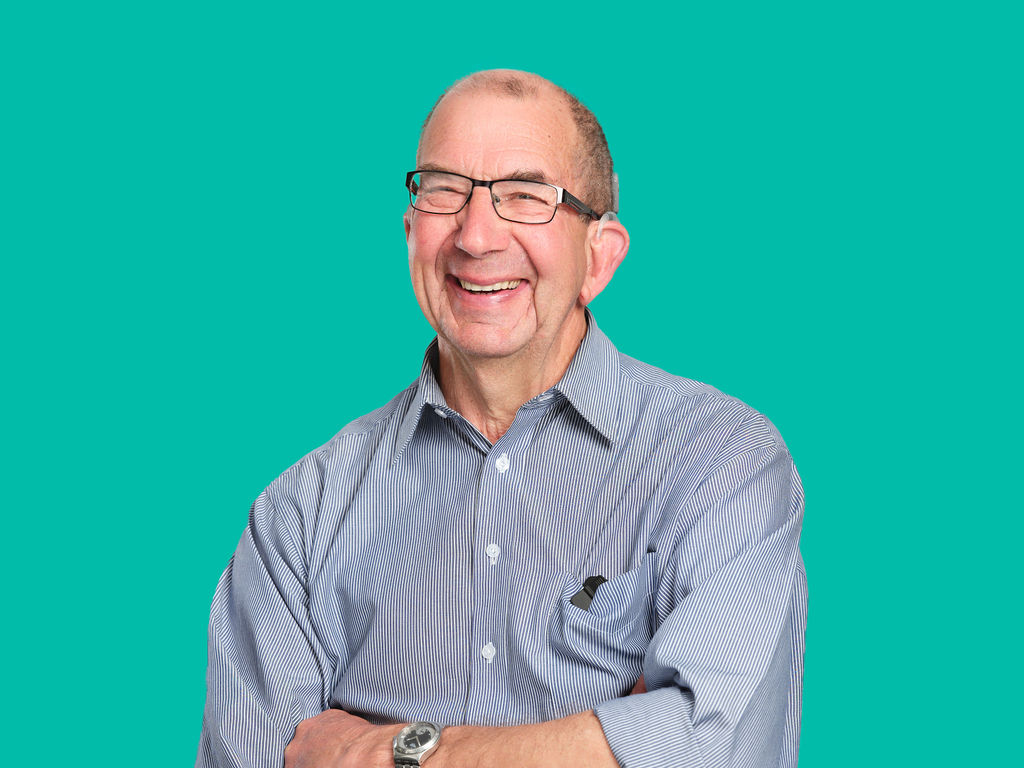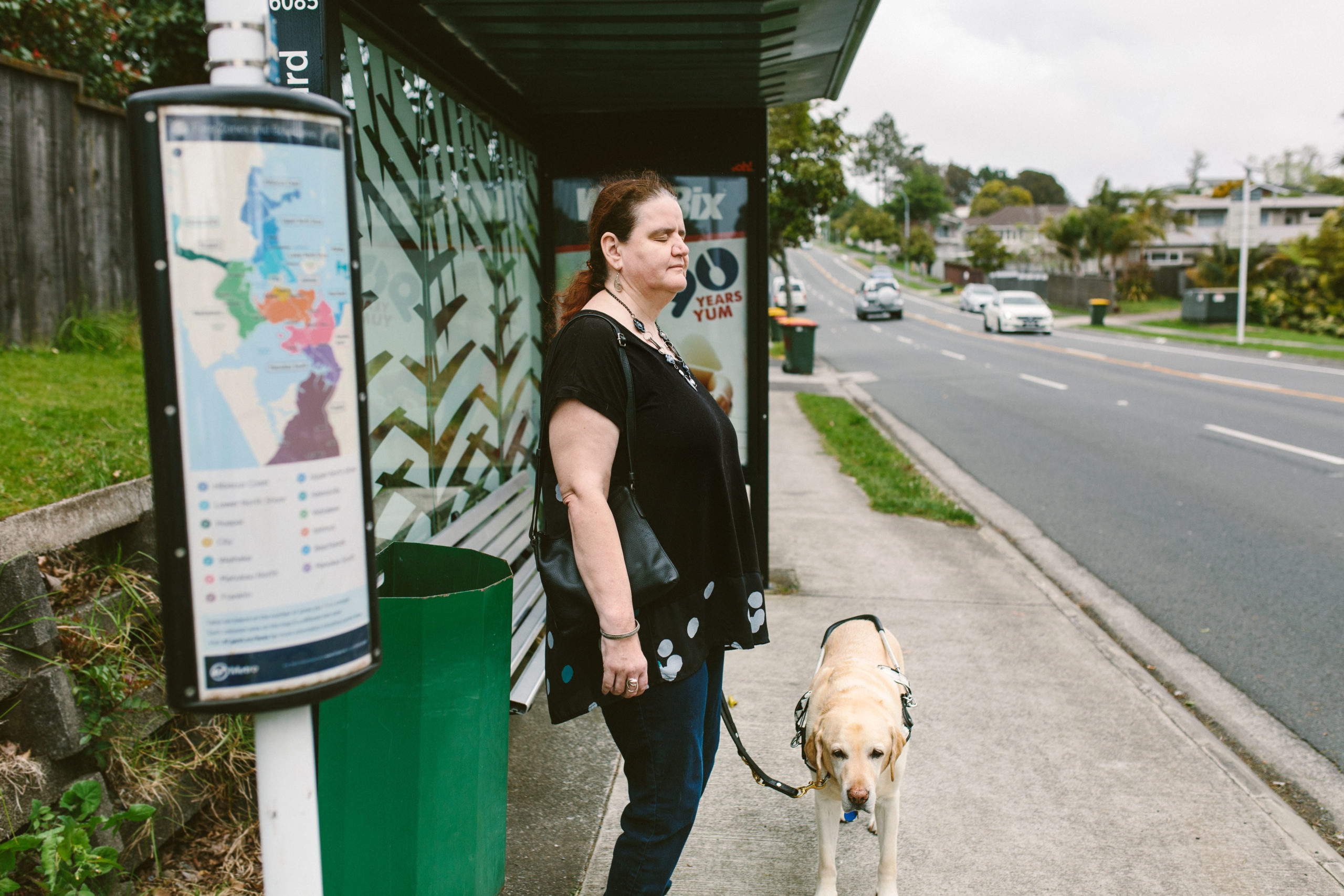
Martine Abel-Williamson is President of the World Blind Union and was an early adopter of audio description. To mark the tenth anniversary of AD in New Zealand, we sat down to hear Martine’s thoughts about the emergence and importance of audio description in Aotearoa.
Kia ora, Martine. Can you tell us a bit about your journey with audio description?
I began enjoying audio description in the late nineties. We realised that you could buy it on VHS video from overseas, and every six months or so, we’d make an international call, look at their catalogue, and order some tapes with Audio Description to come to NZ. Fortunately, then, Audio Description started in New Zealand on TV. We can’t do without it. I think it’s just amazing – we really enjoy New Zealand content, especially documentaries, as well as Country Calendar – and New Zealand series, like The Luminaries.
I also love audio described theatre – we’ve recently seen The Lion King and Galileo. We’d really love to see AD in movie theatres, though – there’s still work to be done in that space.
Do you remember the first time you experienced audio description?
The first movie I saw with audio description was Fatal Attraction. I saw it with my family when I was younger, but then later experienced it with audio description, and I was amazed at how much extra detail I received.
How does your role as the President of the World Blind Union shape your perspective of audio description?
We’re really watching this space, and I really see a huge range, globally, of countries that do have audio description on TV, and others that don’t and are waiting for it to happen in their countries. In 2019, the World Blind Union joined forces with the American Council of the Blind’s Audio Description Project to survey organizations around the world on the availability of audio description in their countries. The survey consisted of eleven questions, and users from 69 countries responded. The final report is now available here. In New Zealand, we’ve obviously grown since then in terms of AD availability on TV, but now that we have surveyed people worldwide, we can compare progress, trends and solutions. I think it’s great that we are where we are in New Zealand, really.
